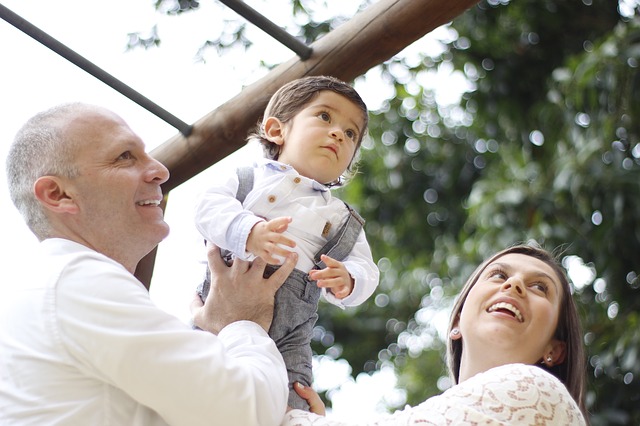Moving home can be a considerable upheaval even for an adult. For a child, it is a doubly emotional experience, and it is something that many parents dread doing. Once the moving date is set, however, it is something that you’re going to have to do. You can’t put it off forever, so you need to have “the talk”, and the way you approach it will affect how they respond.
It’s vital that you tell your child as soon as you can that you’re moving home. Don’t wait until you have all the details worked out because that can take quite a long time. In some cases, the planning can drag on for a couple of years. Start talking about it with them a bit more openly early on. It will help to reduce the anxiety. The more details you can give them, the better because it will help to manage their expectations and make your relocation a success.
What to Tell Your Kids
The first thing you need to do is announce the move to your kids and family. Tell them where you’re going, and why the move is happening. Then, tell them when the move will be, and why they should be excited about it. Try to make it as positive as possible. Tell them that mummy got a great new job and that you are moving to the new city to be closer to the job. Tell them roughly when the move will be, even if it’s just “next year, before school starts”, and then give a few things that will be good about the move. That could be that there’s a big garden for everyone to play in, or that moving will mean that the family is close to a big new dance school, so your child will be able to get even better teaching and maybe be in some shows. It could be that being close to the forest will mean that they can go on adventures during the holidays. Try to find things that are specific to your child, and make the new place sound awesome.
Your child will have a lot to think about, and they will probably have many questions. Keep the announcement short and simple and then give them the chance to ask questions about it. Be truthful in your answers. If you don’t know the answer to one of the questions, then be honest about that. Your goal should be to make sure that your child feels at ease and know that they can trust you.
Leaving Friends Behind
One thing that a child will be worried about is losing friends. Tell your child that they will meet lots of new people, and they aren’t going to lose all their old friends either. They can stay in touch with their old friends through Skype or email. If you still have family in the area, they can see their existing friends when you come to visit the family.
Your children will want to negotiate to find ways to make the move less stressful. This is where you need to think carefully. You will want to cheer them up, and it can be tempting to make promises to try to help them think positively. Don’t make promises if you aren’t going to be able to keep them. Your kids may ask for pets, or to sign up for expensive gym classes, or for trips back home. Think carefully about what you agree to.
Moving is a Positive
Moving can be a huge positive for your whole family, but in the short term, the kids won’t see it that way. All they will notice is that they were taken away from the school they know and the friends they love. Your kids will be fine in the long term though, and the move will teach them that they can cope with changes to their routine and that they can settle in well to a new environment.
Moving Challenges
Sometimes a move doesn’t work out well. Sometimes the child does struggle to settle into a new school or to make new friends. Sometimes a child moving from the city to the countryside struggles to adapt or vice-versa. If that happens, it is crucial that you work with your child to support them and to find ways to make life better in the new area. Don’t dismiss their concerns out of hand as being a simple issue of not liking change. Encourage them to keep trying, and to give the new school and new routine a chance, but tell them that if they are still not happy after a given period of time, they can come back to talk about it and that you will try to find things to make life work for them. Your child needs to know that you are taking their concerns seriously.



